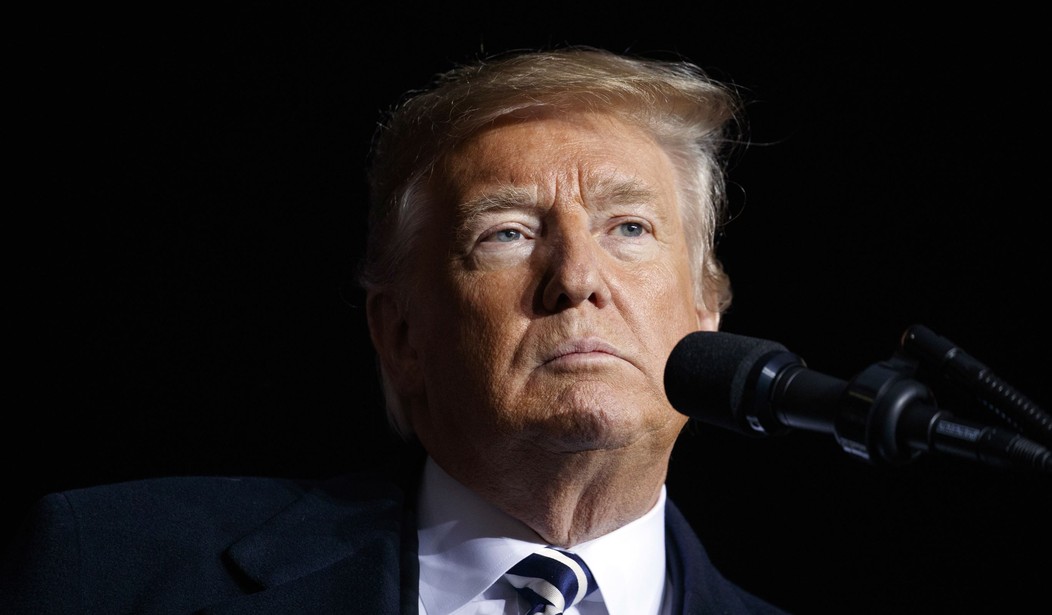In the wake of Election 2018, analysts have delved deeply into a seemingly limitless supply of data points to explain the details of what happened. What role did suburban women play? Or health care? Was there a Kavanaugh effect?
This obsession with details may be causing us to miss the bigger picture of what's going on.
Donald Trump became the fourth consecutive president to win the presidency with his party in control of Congress and then lose control. Presidents Bill Clinton, George W. Bush and Barack Obama have all been there before.
This swapping back and forth of political power has been going on for so long that it somehow seems normal. But it's not. A streak like this has never happened before in American history. In fact, prior to 1992, it had never happened during even two consecutive presidencies.
This ongoing dissatisfaction and desire for change reflects a fundamental rejection of both political parties. Republicans and Democrats are both capable of tapping into discontent when the other team is in power. However, neither party has figured out how to deliver meaningful accomplishments when given the chance to exercise power.
Why is this happening? Why hasn't either party figured out a governing philosophy that can appeal to voters?
Most likely, it's because neither party has come to grips with the digital revolution. Oh, sure, they have social media consultants for campaigns and send all kinds of carefully targeted online messages to their base. But they are still envisioning a political order that existed before Apple and Microsoft changed the world.
Recommended
From colonial days up until the 1970s, everything in America got bigger, more centralized and more homogenized. Three television networks controlled 94 percent of the prime-time audience. The political system followed suit and developed a bigger central government.
In that pre-digital world, official Washington dreamt of a top-down government in which very smart people made the rules for the rest of us to live by. The two parties competed by trying to convince voters that their team would make the best rules.
But, the new technologies of the 1970s launched a great turnaround, and society began to decentralize. Rather than just three television networks, we could choose from countless cable channels, and later the internet. Things really took off with the creation of the smartphone, one of the most revolutionary pieces of technology ever developed.
While society was decentralizing, the political system continued to march in the opposite direction. Political power is more centralized than ever, and a vast regulatory state has emerged. The disconnect between a decentralizing society and a centralizing political system is the underlying tension creating our toxic political environment today.
Just like in the 1970s, both Republicans and Democrats in official Washington still talk in terms of a one-size-fits-all governing solution. They think voters are looking to them to make the decisions that will determine the fate of the nation.
But this is the 21st century, and we have access to more information in our smartphones today than the president had in the '70s. Voters aren't looking for one team or the other to make the key decisions for us. Instead, we want to make more of those decisions for ourselves.
Scott Rasmussen is the publisher of ScottRasmussen.com. He is the author of "The Sun Is Still Rising: Politics Has Failed but America Will Not."

























Join the conversation as a VIP Member